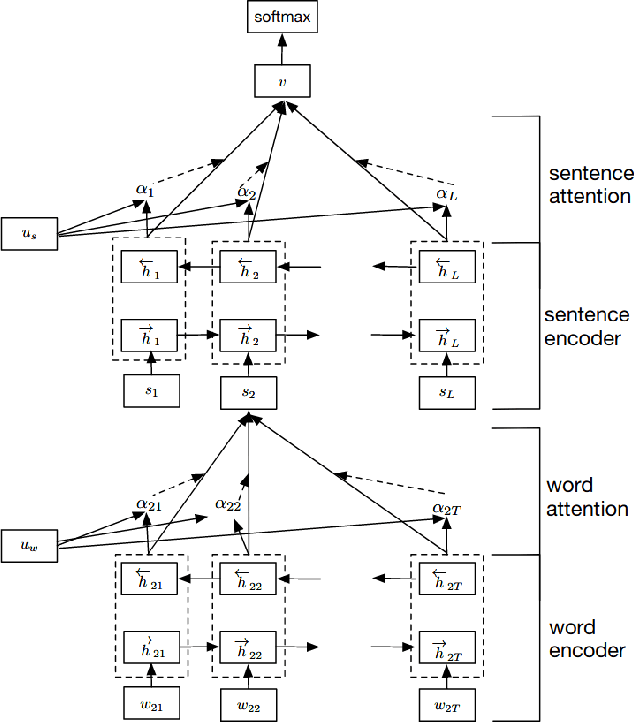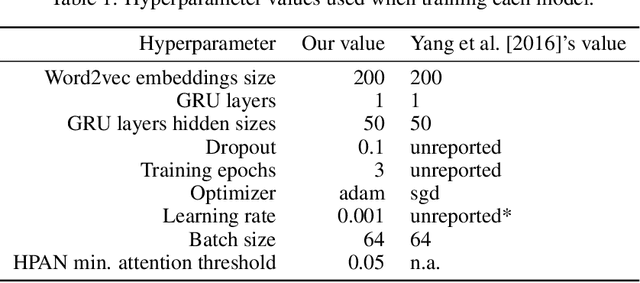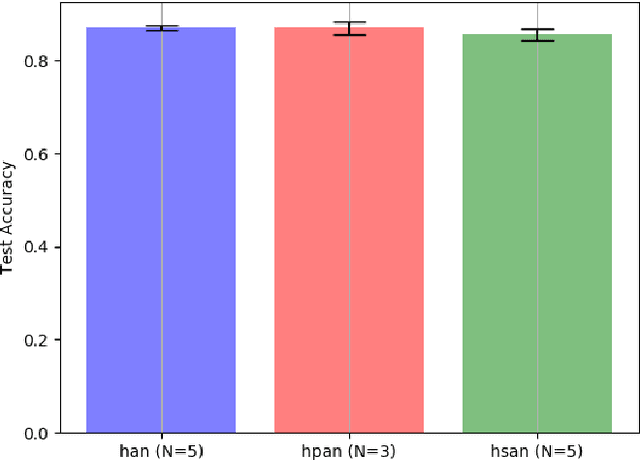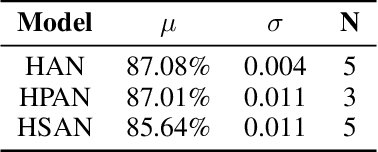João G. Ribeiro
Assisting Unknown Teammates in Unknown Tasks: Ad Hoc Teamwork under Partial Observability
Jan 10, 2022



Abstract:In this paper, we present a novel Bayesian online prediction algorithm for the problem setting of ad hoc teamwork under partial observability (ATPO), which enables on-the-fly collaboration with unknown teammates performing an unknown task without needing a pre-coordination protocol. Unlike previous works that assume a fully observable state of the environment, ATPO accommodates partial observability, using the agent's observations to identify which task is being performed by the teammates. Our approach assumes neither that the teammate's actions are visible nor an environment reward signal. We evaluate ATPO in three domains -- two modified versions of the Pursuit domain with partial observability and the overcooked domain. Our results show that ATPO is effective and robust in identifying the teammate's task from a large library of possible tasks, efficient at solving it in near-optimal time, and scalable in adapting to increasingly larger problem sizes.
Pruning and Sparsemax Methods for Hierarchical Attention Networks
Apr 08, 2020



Abstract:This paper introduces and evaluates two novel Hierarchical Attention Network models [Yang et al., 2016] - i) Hierarchical Pruned Attention Networks, which remove the irrelevant words and sentences from the classification process in order to reduce potential noise in the document classification accuracy and ii) Hierarchical Sparsemax Attention Networks, which replace the Softmax function used in the attention mechanism with the Sparsemax [Martins and Astudillo, 2016], capable of better handling importance distributions where a lot of words or sentences have very low probabilities. Our empirical evaluation on the IMDB Review for sentiment analysis datasets shows both approaches to be able to match the results obtained by the current state-of-the-art (without, however, any significant benefits). All our source code is made available athttps://github.com/jmribeiro/dsl-project.
 Add to Chrome
Add to Chrome Add to Firefox
Add to Firefox Add to Edge
Add to Edge